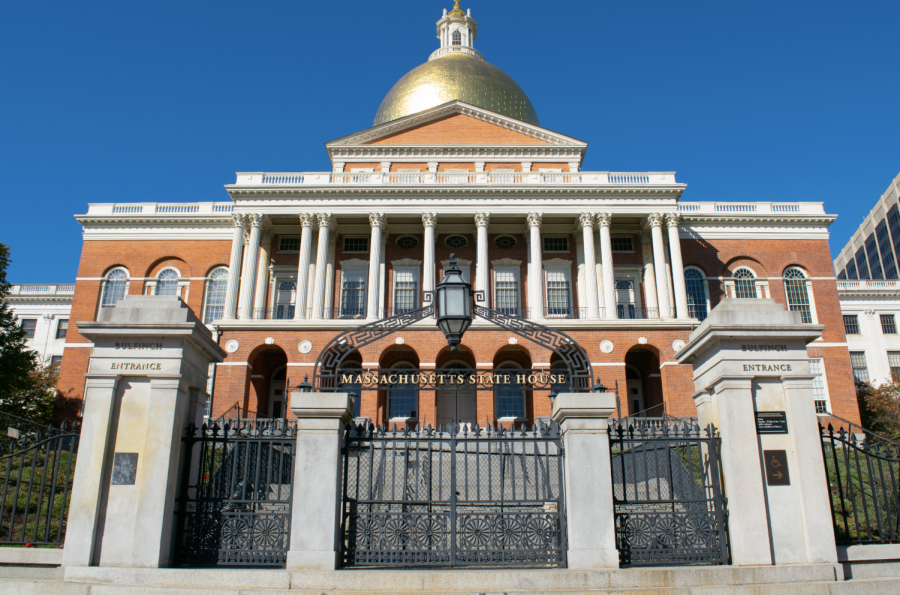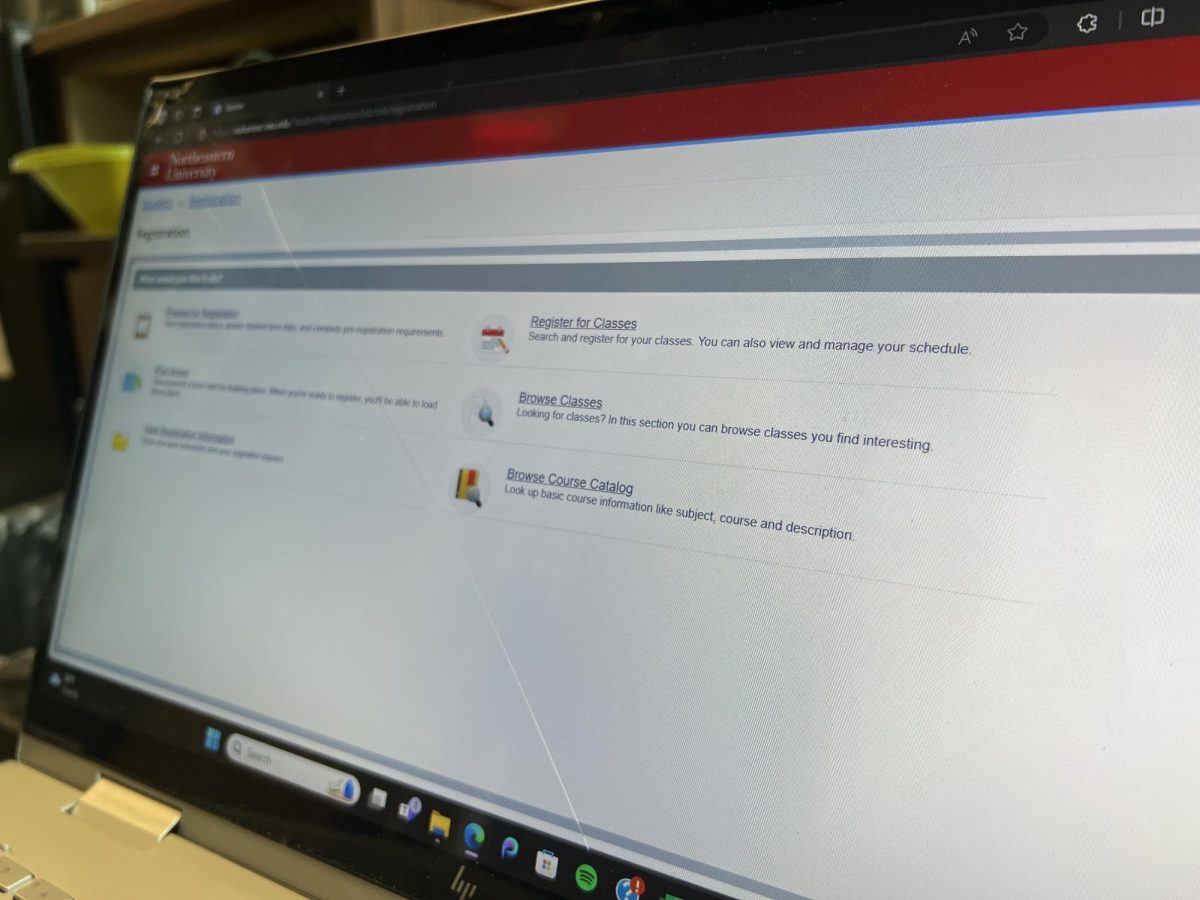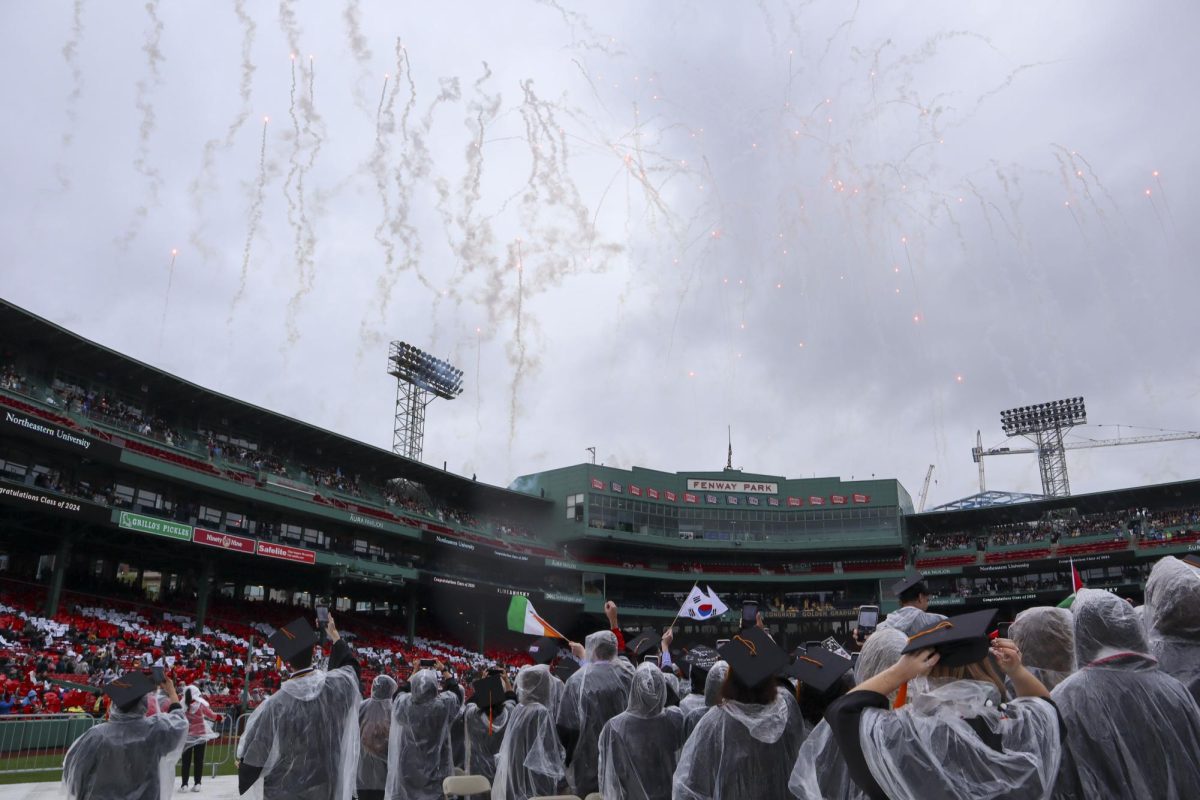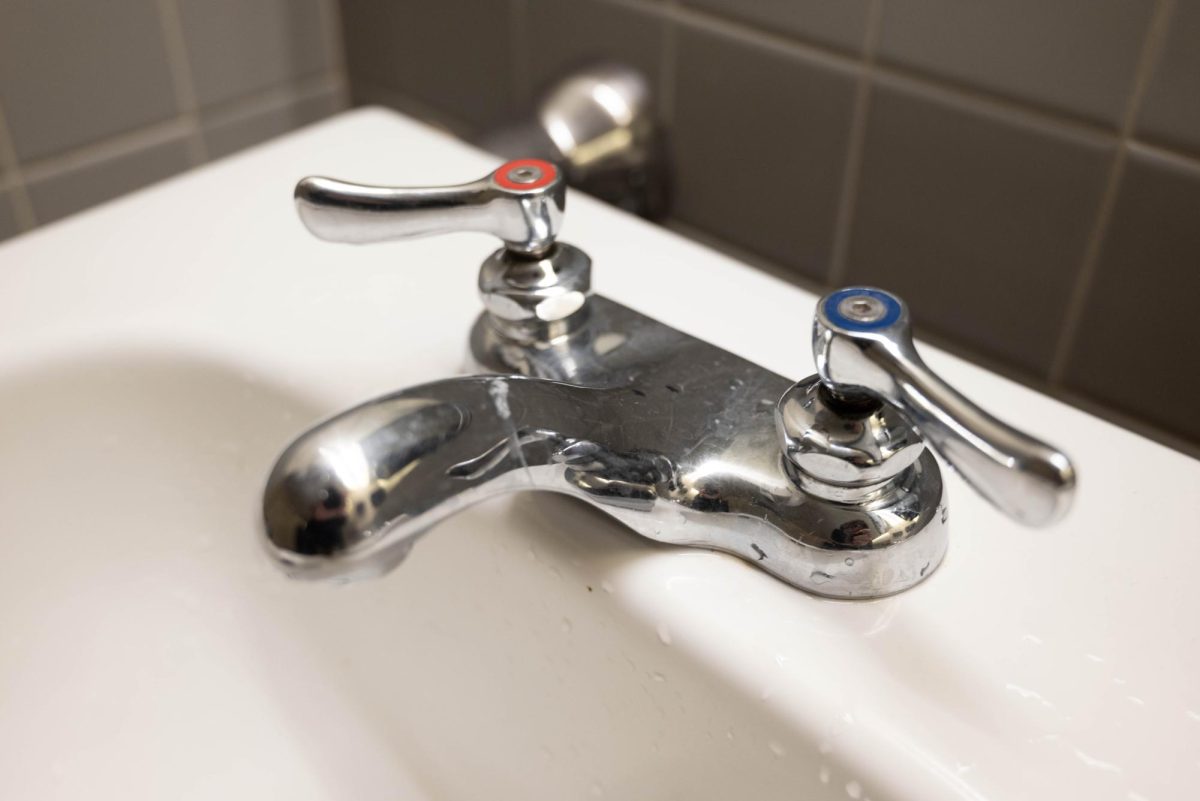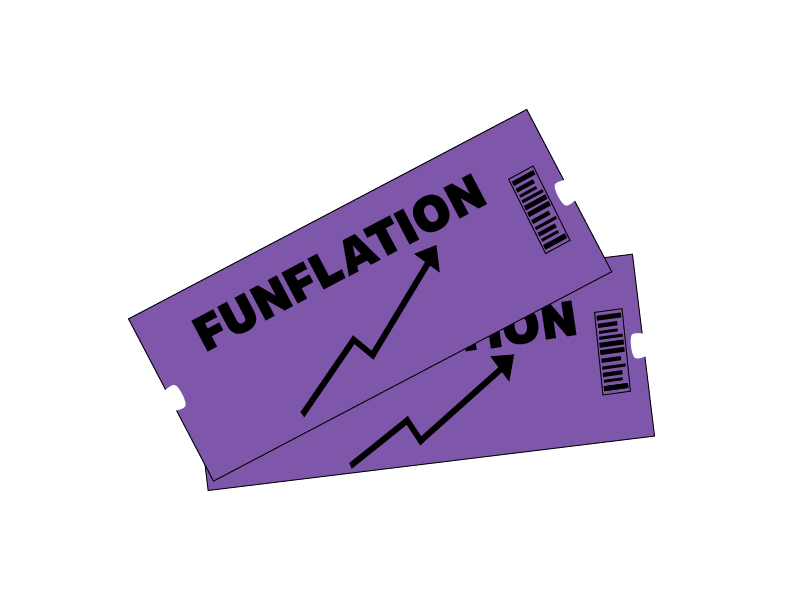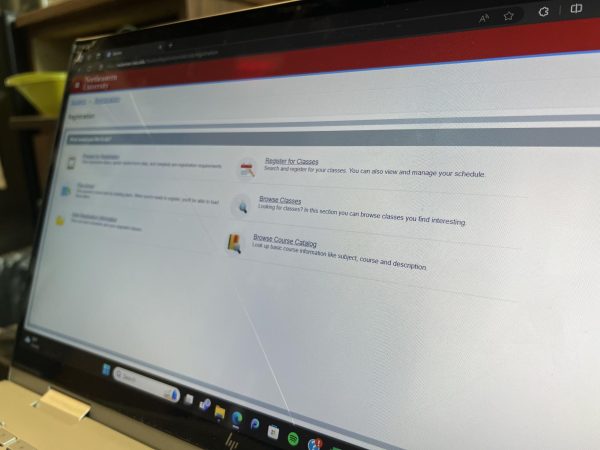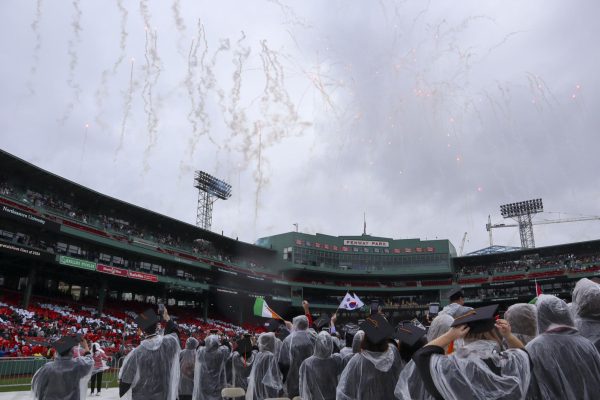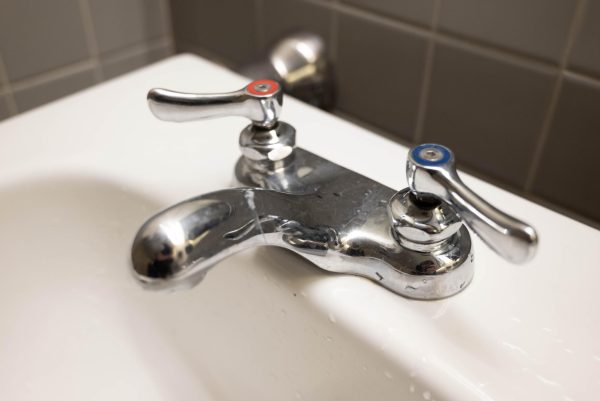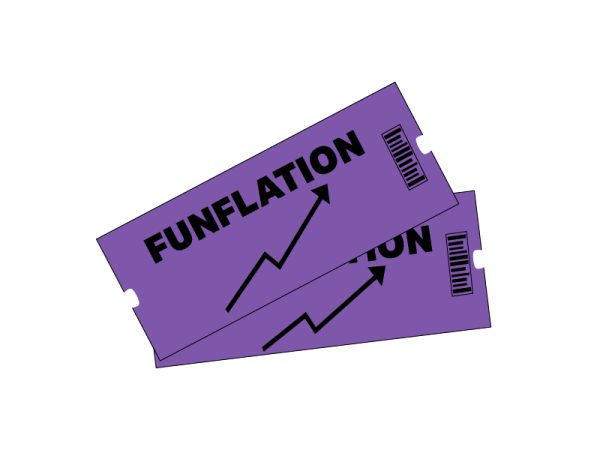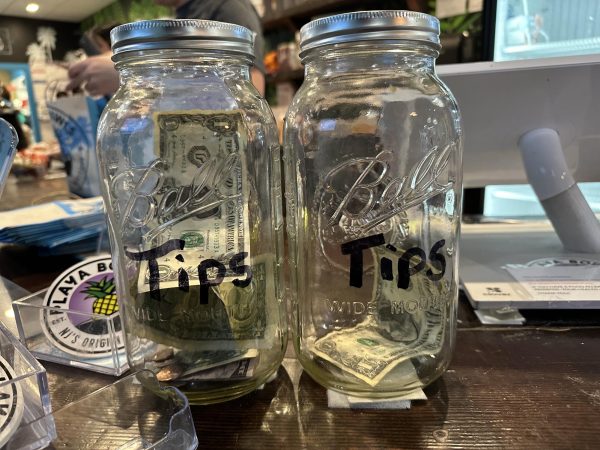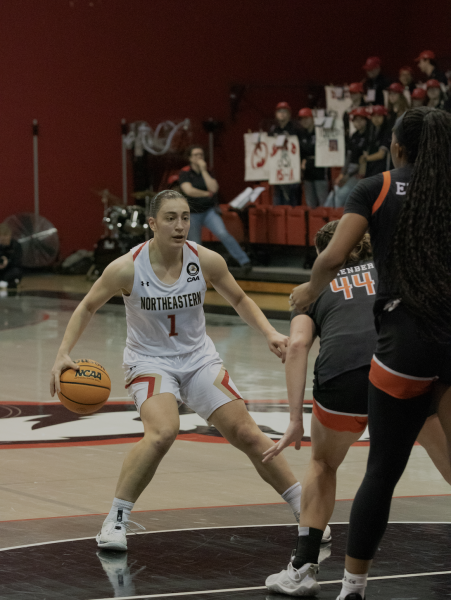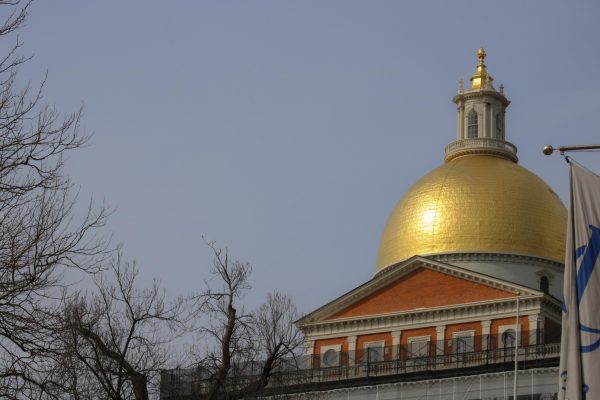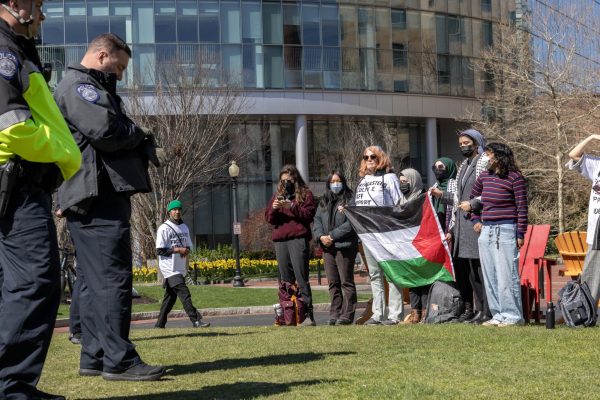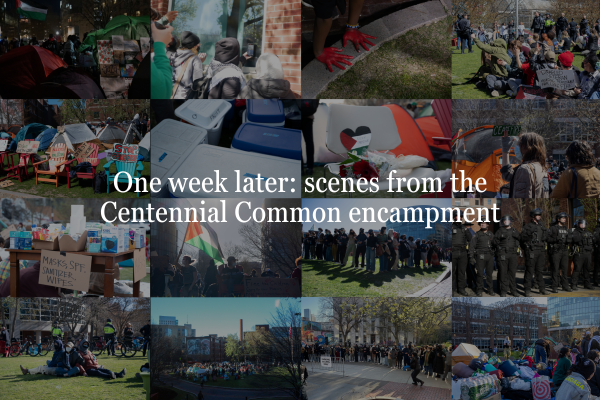What we know so far about the Massachusetts gubernatorial race
The Massachusetts State House, located in Beacon Hill.
November 11, 2021
As 2021 draws to a close, things are slowly heating up on Beacon Hill, as candidates from across Massachusetts trickle into the state’s gubernatorial race.
So far, five candidates have announced their bids, though Republican Gov. Charlie Baker has yet to say whether or not he’ll seek another term. When Baker last ran for re-election in 2018, he handily defeated his Democratic challenger, Jay Gonzalez. Though Baker typically ranks one of the most popular governor’s in the nation, his unusually high approval rating sank during the pandemic.
Rumors have also swirled about a bid from Massachusetts Attorney General Maura Healey. In a solidly blue state, a challenge from a top Democrat could mean a difficult race for Baker.
However, with almost a year until the 2022 election next Nov. 8, there’s still plenty of time for Baker, Healey — and any other candidates — to hop in. Here’s what we know about the candidates who have entered so far.
Danielle Allen, a professor at Harvard University, announced her campaign in June, becoming the first Black woman to run for governor in Massachusetts as a member of a majority party.
“I’m announcing my run for governor to reimagine this Commonwealth,” Allen said in her announcement. “It’s time to accelerate the pace of change.”
Allen, a Democrat, has never run for public office before but was motivated by the way the government handled the COVID-19 pandemic.
“We all remember when COVID hit. No help was coming from Washington, little help from the state and the help that came was slow, halting and fumbling,” Allen said. “But an even clearer truth was visible — the pandemic made plain as day that there are different experiences for different people in our commonwealth.”
Allen stepped away from her role as director of the Edmond J. Safra Center for Ethics at Harvard in order to run her campaign.
State Sen. Sonia Chang-Díaz, a Democrat and the first Latina elected to the Massachusetts Senate, hopped in the race in June as well, shortly after Allen.
“I’ve spent my life listening to powerful people tell me to slow down. To think smaller. To wait,” Chang-Díaz said in her video announcement posted on Twitter. “Voters didn’t send me to the state Senate to wait.”
This will be Chang-Díaz’s third bid for governor, who is currently the only woman of color in the State Senate.
“I am tired of waiting for government to live up to our hopes and our family’s needs, and that is why I am running for governor of Massachusetts,” Chang-Díaz said in a speech after her announcement. “I am running for governor to build the commonwealth we all want our children to grow up in and that I know in my bones is possible and I am asking you to come and make it with me.”
A mom and a former public school teacher, Chang-Díaz was first elected in 2008, and has run her last two campaigns unopposed.
Former state Sen. Ben Downing was the first to join the race, announcing his candidacy through a post on Twitter in early February.
“My name is Ben Downing. I am the son of Pam and Gerry, husband to Micaelah, and dad to Eamon and Mac,” Downing wrote. “Today, I am proud to announce that I’m running for Governor to build a fairer, stronger Massachusetts.”
Downing, a Democrat from Pittsfield, served Berkshire County as a state senator from 2007 to 2016 before leaving Beacon Hill to become vice president of new market development at Nexamp, a clean energy company that focuses on solar development.
“In Massachusetts, we’ve lost a lot: people close to us, livelihoods and small businesses,” Downing said in his announcement. “Those losses hurt more because they reveal how our leaders failed to build a community and an economy that works for everyone everywhere, that tackles racial justice and climate change.”
Political newcomer and Shrewsbury resident Orlando Silva announced his candidacy in April in an interview with the online local news website, The Reminder.
A native of Brazil, Silva moved to the U.S. when he was 15 years old. “I’ve got to try to make a difference,” Silva told The Reminder. I’ve seen enough resemblance to what I grew up with and I don’t like it.”
Silva also criticized Baker for being too insular in his view of the state, calling him “the governor of Boston, not Massachusetts,” and saying, “We need to grow the rest of Massachusetts. We need to bring new jobs and companies to Western Massachusetts.”
According to his campaign website, Silva is the founder and owner of a full-service duct cleaning company, Pro Air Duct Cleaning, and lives in Shrewsbury with his wife and two daughters.
Former state Rep. Geoff Diehl, a Republican from Whitman, announced his candidacy at “Freedom Festival” on the Fourth of July organized by Western Mass GOP Patriots Political Action Committee
“It is time for a new path forward. It is time to re-empower the individual. It is time to free our economy,” Diehl said in a statement. “It is time to help our children overcome the damage inflicted by government over this past year. A time to provide our communities with a safe and healthy tomorrow.”
As a state representative, Diehl served the Seventh Plymouth District from January 2011 to January 2019. Diehl also served as co-chair of Donald Trump’s Massachusetts 2016 campaign. In 2018, Diehl challenged U.S. Sen. Elizabeth Warren for her seat, but was beaten handily.
In announcing his candidacy, Diehl voiced his support for police, speaking about “backing the blue.”
Diehl is currently the only Republican to have officially announced his bid.
The gubernatorial election will take place Nov. 8, 2022. Right now, four candidates have also joined the race for Lieutenant Governor: Bret Bero (D), state Rep. Tami Gouveia (D), state Sen. Adam Hinds (D) and Rayla Campbell (R). They will also face off next November, along with members of the U.S. House and Senate in the midterm elections.


